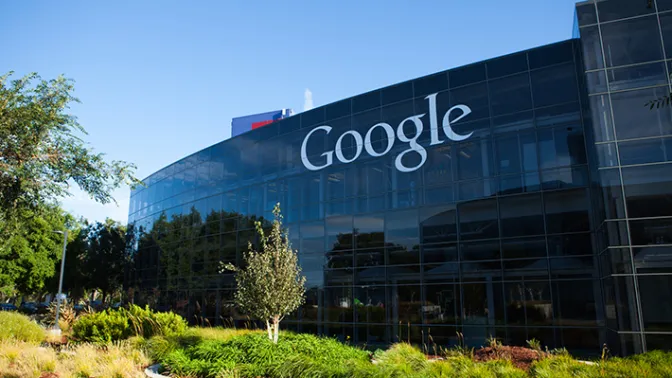
Will Social Media Kill Branding?
For decades, corporations used a steadfast formula in branding a product: Big advertising investments produced customer awareness and a positive product reputation. Upstart products were excluded from the public’s consciousness by the high cost of television and print marketing, all but ensuring long-term dominance for top-tier brands. But social media’s meteoric rise in popularity may be killing the old, reliable branding formula and changing how consumers interact with brands.
“In a world where there are more mobile phones than toothbrushes, consumers are likely to leverage their power in social media to be more demanding of marketers”.
In a recent article, Drexel LeBow marketing professor Rajneesh Suri and his co-authors argue that “in a world where there are more mobile phones than toothbrushes, consumers are likely to leverage their power in social media to be more demanding of marketers.” Consumers are expressing their new power through customer-to-customer communication that skips traditional marketing channels. Reviews on e-commerce sites like Amazon are now a major tool for discovering new, better products, and conversations on platforms like Twitter and Facebook can reach a virtually limitless audience.
With more power in customers’ hands, the new branding landscape becomes much less stable. Big brands are faced with not only a loss of control, but increased threats from smaller, nimbler competition. Newcomers can capitalize on online word of mouth and creative, low-cost social media campaigns to gain market share.
This seismic shift in the branding landscape will force the old guard to adapt or risk irrelevance. The authors point out that changes as simple as listening to customers can reap big rewards. Through social media, customers are expressing what they want from a product, and smart brands will tune in and respond in meaningful ways. And perhaps even more simply, “the product actually needs to be good,” says Suri. If customers like the product, they’ll spread positive word-of-mouth and organically form an emotional connection to the brand. Ultimately, it’s those emotional connections that will rise above the social media chatter.


